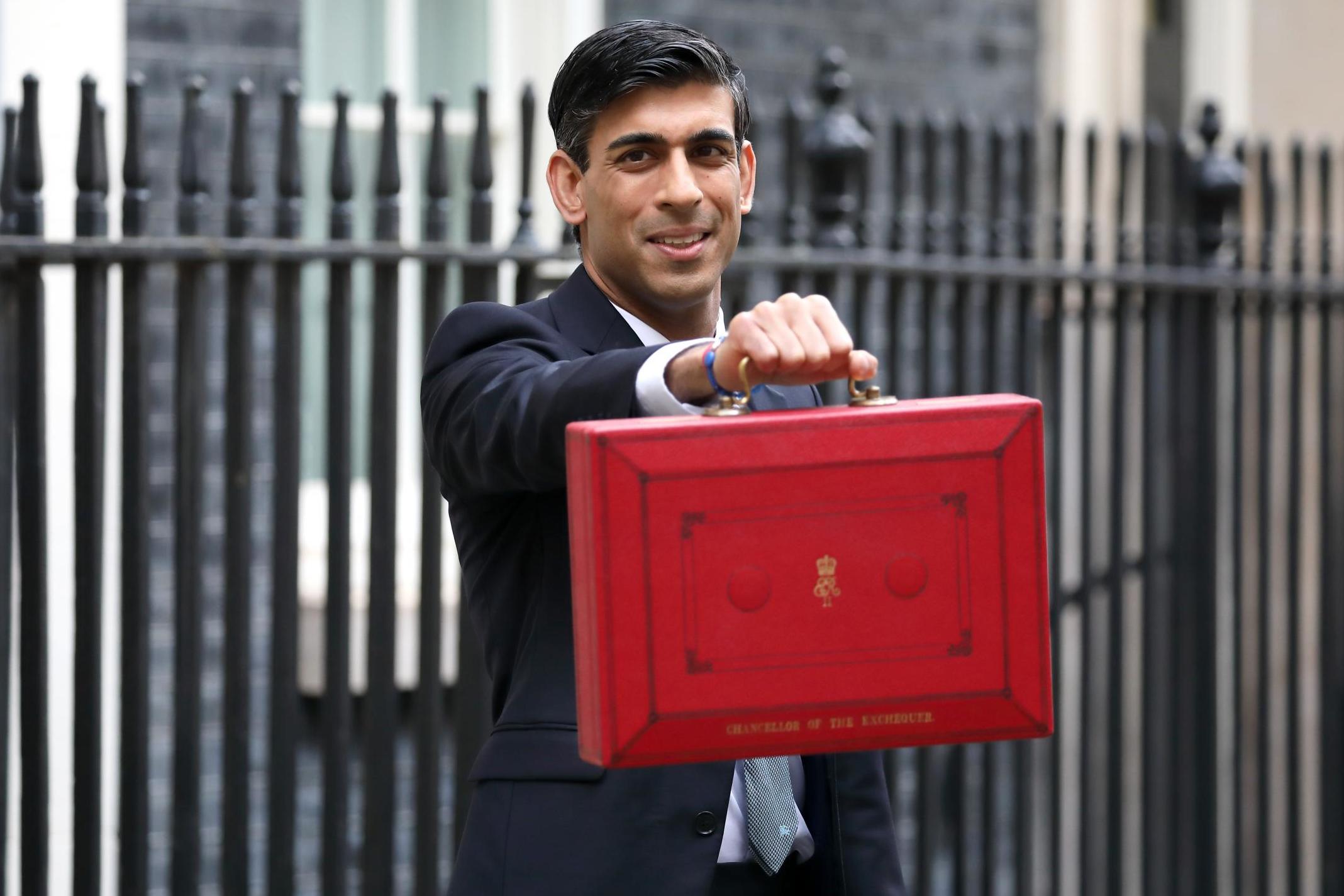Coronavirus: Borrowing could reach triple total forecast in Budget two weeks ago, new analysis suggests
'Large increases in borrowing are well-advised to address the current crisis, but the consequences for the public finances will be felt long after the immediate public health emergency has hopefully passed'

Your support helps us to tell the story
From reproductive rights to climate change to Big Tech, The Independent is on the ground when the story is developing. Whether it's investigating the financials of Elon Musk's pro-Trump PAC or producing our latest documentary, 'The A Word', which shines a light on the American women fighting for reproductive rights, we know how important it is to parse out the facts from the messaging.
At such a critical moment in US history, we need reporters on the ground. Your donation allows us to keep sending journalists to speak to both sides of the story.
The Independent is trusted by Americans across the entire political spectrum. And unlike many other quality news outlets, we choose not to lock Americans out of our reporting and analysis with paywalls. We believe quality journalism should be available to everyone, paid for by those who can afford it.
Your support makes all the difference.Government borrowing could reach triple what was predicted in the Budget just two weeks’ ago, with the economic consequences being felt for decades after the coronavirus pandemic, according to an influential think-tank.
The analysis comes after emergency legislation rushed into law on Wednesday evening set aside a quarter of a trillion pounds for spending by government departments to tackle the spread of covid-19 in the UK.
The Institute for Fiscal Studies (IFS) said that before the impact of the pandemic, borrowing was forecast to be just over two per cent of national income – or £55bn in the coming financial year.
Taking into account the measures unveiled in recent days by the chancellor Rishi Sunak, including the pledge to pay 80 per cent of salaries for staff who are kept on by their employer during the crisis, the IFS suggested borrowing could exceed £175bn, or more than eight per cent of national income.
“This would be more than triple the amount forecast in the Budget just two weeks ago,” said the organisation’s research economist Isabel Stockton. “About 40 per cent of that increase would result from new fiscal measures, and the rest from the economic downturn depressing revenues and adding to government spending.”
She added: “A deficit of over £200bn in the coming financial year is well within the bounds of possibility. Yesterday’s announcement to increase the contingency fund for the coming financial year from £10.6bn to £266bn suggests the government may be prepared to go even further than that.”
“Large increases in borrowing are well-advised to address the current crisis, but the consequences for the public finances will be felt long after the immediate public health emergency has hopefully passed. Debt which is already high by recent standards will jump up again and is likely to remain elevated for some time to come.”
The analysis comes as Mr Sunak prepares to unveil a package of measures to aid the self-employed through the coronavirus crisis on Thursday, amid growing anger that they are being forced to work during the pandemic or rely solely on benefits.
The Resolution Foundation has calculated a scheme delivering "parity" with employed workers could cost Mr Sunak £3.6bn over three months for each one million participants.
The think-tank estimates around one-third of self-employed people are having to give up or significantly scale back work because of sickness, the need to care for children home from school and the requirements of the government's lockdown order.
Join our commenting forum
Join thought-provoking conversations, follow other Independent readers and see their replies
Comments